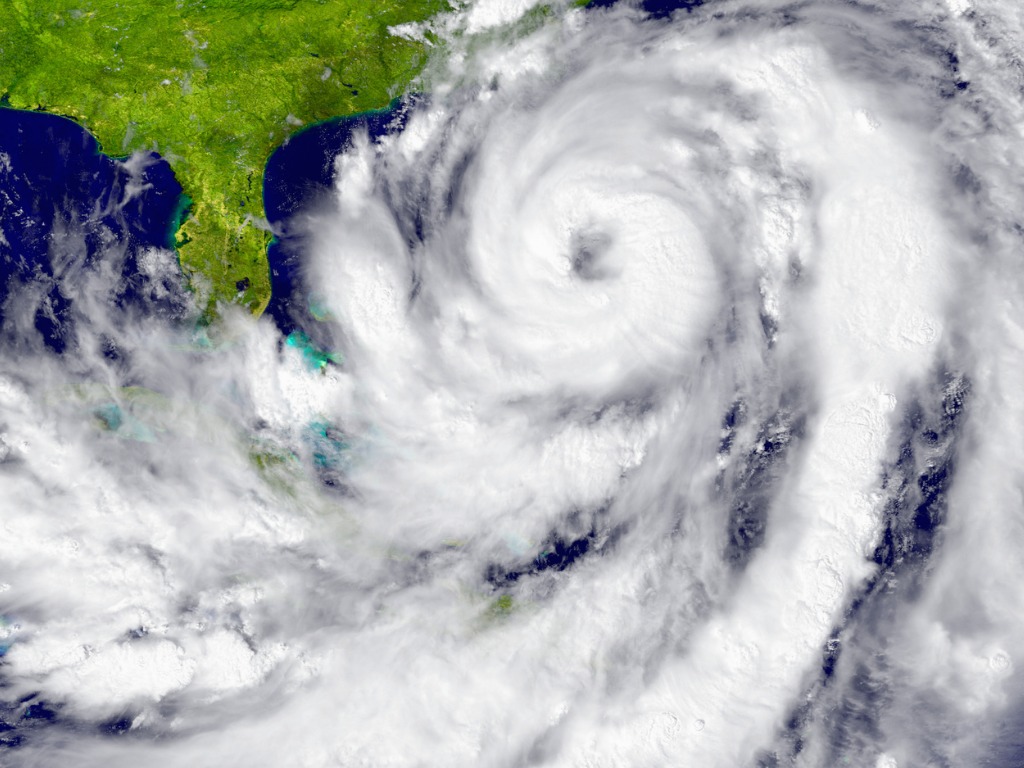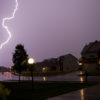Hurricane Pool Prep: Staying Safe and Ready
Living in the Southeastern U.S. means hurricanes are a real threat, and preparing for one can be overwhelming. If you are a homeowner, you might be wondering how to prepare for a hurricane? Checking everything off your hurricane prep list can be a very stressful task. In this short article, we will teach you how to prepare for a hurricane with an easy hurricane checklist for your pool. Fortunately, pool prep for hurricane season is simpler than you might think.
Here are five key takeaways to keep in mind when prepping your pool for a hurricane or tropical storm.
1) Do Not Drain Your Pool
It may seem counterintuitive, but leaving water in your pool is essential. In areas with high water tables, draining the pool can cause it to lift out of the ground, leading to severe structural damage. The weight of the water helps keep the pool secured, so avoid reducing the water level by more than a couple of feet to prevent costly damage.
2) Inspect And Secure the Pool Area
Inspect your pool area for potential hazards like loose objects or trees. Remove or secure furniture, toys, and accessories to prevent them from becoming dangerous projectiles. Be careful about throwing metal furniture into the pool—it can leave rust stains. Also, remember to disassemble any string lights around the pool before the storm hits.
3) Protect Your Pool Pump
Keep your pool equipment running until the storm is close. Then, turn off all electrical equipment at the breaker box to avoid flooding-related damage. Make sure you can shut everything down safely from inside your home. Adding chlorine before the storm hits can help counteract dilution from heavy rain.
4) Never Run Submerged Equipment
I repeat! Do not attempt to run submerged equipment. Doing so is dangerous and can cause severe damage or electric shock. Ensure the pool pump is completely dry before restoring power.
In this case, the only option would be a total pump replacement, which can significantly add to your hurricane recovery budget.
5) Get Professional Help Before Swimming
After the storm, it’s tempting to jump back into your pool, but it’s crucial to have it professionally treated first. Stormwater can introduce harmful contaminants like sewage and road oils into your pool. A professional can shock the pool with chlorine and adjust the chemistry to ensure safe swimming conditions.
Additional Tips:
· Keep an eye on your hurricane tracker for any sudden changes.
· Stock up on hurricane prep essentials at the start of the season.
· Prioritize your safety and that of your family first. Once safe, focus on protecting your home and reducing damage.




